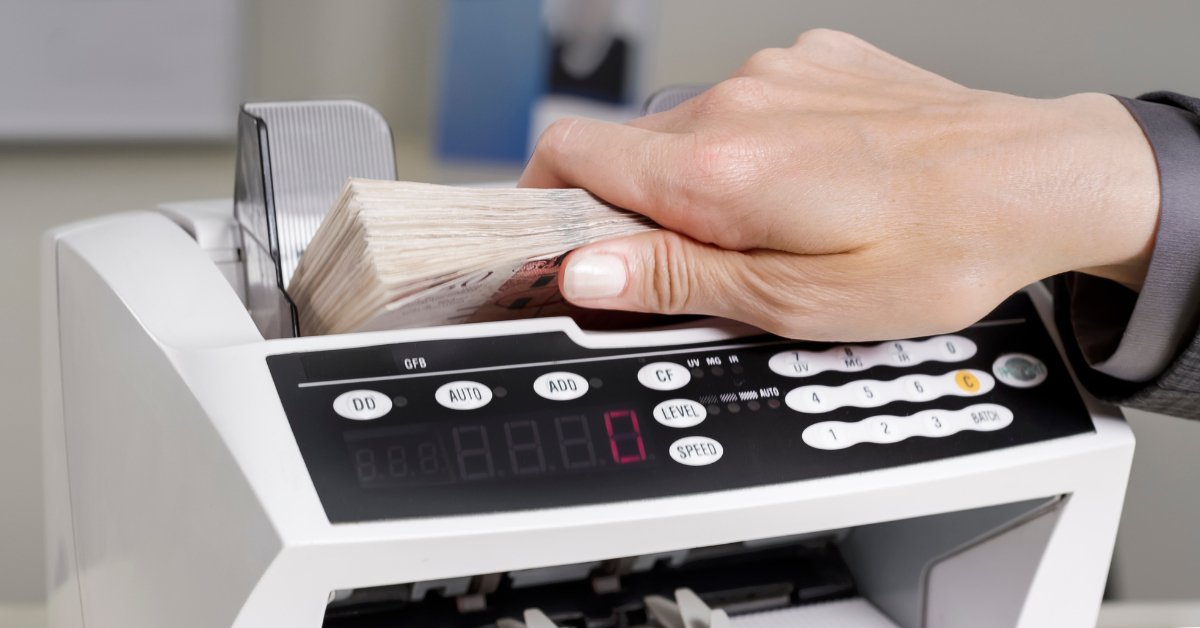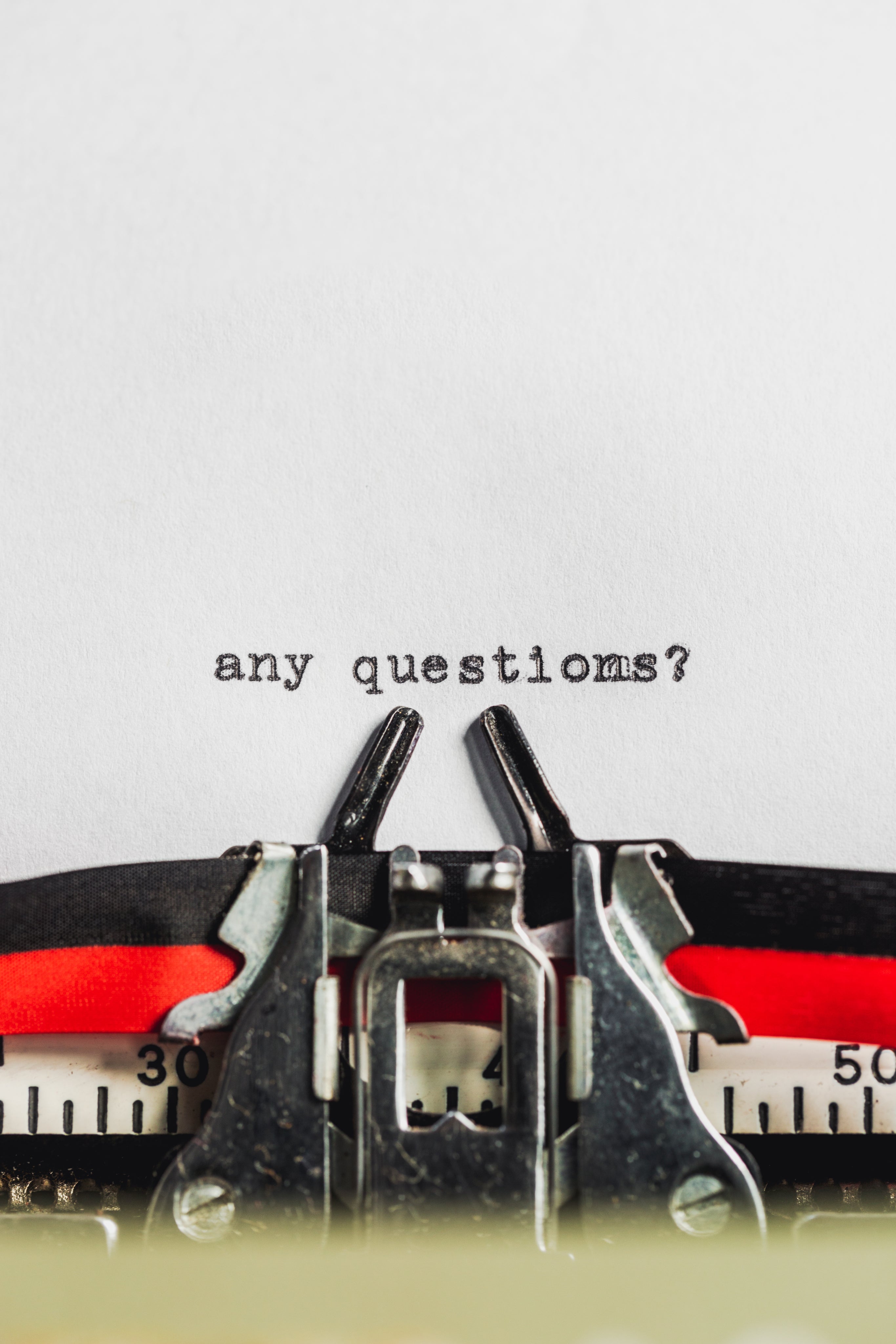Understanding Money Counters and Cash Handling Gear
Accurate and efficient cash handling is critical for the smooth operation of any organisation dealing with physical currency. Whether you're managing a small retail store or overseeing operations in a large financial institution, having the right tools to count, sort, and verify money is essential. Money counters and other cash handling gear have evolved to meet these needs, offering advanced functionalities that ensure accuracy, security, and speed in managing cash transactions. These tools not only reduce the time spent on manual counting but also minimise the risk of human error, which can lead to significant financial discrepancies.
As businesses increasingly rely on cash transactions, the importance of using reliable and efficient cash handling tools cannot be overstated. Manual counting of notes and coins can be a tedious and time-consuming process, prone to errors that could impact the business's bottom line. Moreover, with the rise in counterfeit currency, the need for accurate detection methods has become more pressing than ever. By investing in the right cash handling gear, businesses can streamline their operations, improve accuracy, and safeguard against potential fraud.
Note Counters: Types and Functions
Note counters are indispensable tools in any environment where large volumes of cash are handled. These machines are designed to count banknotes quickly and accurately, reducing the time and effort required for manual counting and minimising the risk of human error. There are various types of note counters, each suited to different business needs. Basic models perform simple counting functions, while more advanced versions can detect counterfeit notes and sort notes by denomination, orientation, or face. This versatility makes them ideal for banks, retail stores, and other businesses that handle significant amounts of cash daily.
For businesses that handle a large volume of cash transactions, investing in a note counter can significantly improve efficiency. Basic note counters are straightforward machines that can count a stack of notes in seconds, eliminating the need for manual counting and reducing the risk of miscounts. However, as businesses grow and their cash handling needs become more complex, more advanced note counters with additional features become necessary. These advanced machines can not only count notes but also sort them by denomination, detect counterfeit currency, and even identify damaged or torn notes. This level of functionality ensures that the cash handling process is both accurate and efficient, reducing the likelihood of errors and discrepancies.
In addition to improving accuracy and efficiency, note counters also play a crucial role in ensuring the security of cash transactions. By detecting counterfeit notes during the counting process, these machines help to protect businesses from fraud and financial loss. Some note counters are equipped with ultraviolet (UV) and magnetic ink detection systems, which can identify counterfeit notes based on their physical characteristics. Other models use infrared technology to detect discrepancies in the ink or paper used in counterfeit notes. By investing in a high-quality note counter with counterfeit detection capabilities, businesses can safeguard their cash transactions and maintain the integrity of their financial operations.
Coin Counters: Streamlining Coin Management
Coin counters play a vital role in businesses that handle a significant volume of coins. These machines are designed to count, sort, and bag coins efficiently, saving time and reducing the margin for error. Just like note counters, there are different types of coin counters available, ranging from basic models that simply count coins to more sophisticated machines that can sort coins by denomination and even detect counterfeit coins. The automation provided by these machines significantly improves the efficiency of cash handling processes, especially in industries like vending, amusement, and retail, where coins are a major part of the revenue.
For businesses that handle large quantities of coins, such as laundromats, casinos, and arcades, the use of coin counters can greatly enhance the accuracy and speed of cash management. Manual counting of coins can be a tedious and error-prone process, but with a coin counter, this task can be completed in a fraction of the time. Basic coin counters are designed to quickly and accurately count large volumes of coins, providing a total value and quantity count. More advanced models can also sort coins by denomination, making it easier to organise and prepare them for deposit or further processing. Some coin counters are even equipped with counterfeit detection technology, ensuring that only genuine coins are accepted.
In addition to counting and sorting, some coin counters also offer the ability to batch coins for deposit, making the entire process of coin handling more streamlined and organised. This is particularly useful for businesses that deal with large quantities of coins daily, as it allows them to quickly and accurately prepare their cash for deposit. By automating the coin handling process, these machines not only save time but also reduce the risk of errors, thereby improving the overall efficiency of cash management. Moreover, many coin counters are designed with user-friendly interfaces, making them easy to operate even for those with minimal training. This ensures that businesses can quickly and efficiently handle their coin transactions, improving their overall cash management processes.
Counterfeit Detectors: Safeguarding Your Cash Flow
In an era where counterfeit currency is a growing concern, counterfeit detectors have become an essential tool for businesses. These devices are designed to identify fake notes and coins, ensuring that only genuine currency is accepted. There are various types of counterfeit detectors available, ranging from simple ultraviolet (UV) light devices to more advanced machines that use multiple detection methods, including magnetic ink, infrared, and watermark detection. By employing these technologies, businesses can protect themselves from the financial losses associated with accepting counterfeit currency.
The importance of counterfeit detectors cannot be overstated, especially in industries where cash transactions are prevalent. These devices provide a crucial layer of security, enabling businesses to detect and reject counterfeit notes and coins before they are accepted. This not only protects the business from financial losses but also helps maintain the integrity of the currency system as a whole. Moreover, modern counterfeit detectors are designed to be user-friendly, allowing even those with minimal training to quickly and accurately identify fake currency. This is particularly important in high-pressure environments, such as retail or banking, where the ability to quickly verify the authenticity of currency is essential.
Advanced counterfeit detectors offer additional features that further enhance their utility. For instance, some devices are equipped with the ability to verify the authenticity of multiple currencies, making them ideal for businesses that deal with international customers. Others come with the capability to integrate with other cash handling equipment, such as note counters and coin counters, providing a comprehensive solution for managing cash flow. By investing in a high-quality counterfeit detector, businesses can safeguard their operations against fraud and ensure that their cash handling processes are both secure and efficient. Furthermore, the use of counterfeit detectors can also provide peace of mind for both business owners and customers, knowing that the currency being handled is genuine and secure.
Cash Equipment Accessories: Enhancing Cash Handling Operations
In addition to money counters and counterfeit detectors, a variety of cash equipment accessories can significantly enhance the efficiency and security of cash handling operations. These accessories, which include items such as cash drawers, safes, and receipt printers, play a crucial role in ensuring that cash is managed securely and efficiently. For instance, cash drawers are essential for organising and storing cash, while safes provide a secure place to keep large amounts of money until it can be deposited in a bank. By investing in these accessories, businesses can create a more organised and secure cash handling process.
Cash equipment accessories are not just about security; they also contribute to the overall efficiency of cash handling operations. For example, accessories like currency strappers and coin wrappers can help in organising and preparing cash for deposit, making the process faster and more efficient. Similarly, cash counters and sorters can be paired with printers to provide detailed receipts, ensuring accurate record-keeping and accountability. These tools are especially useful in businesses that handle large volumes of cash, such as retail stores, banks, and casinos. By using these accessories in conjunction with money counters and counterfeit detectors, businesses can streamline their cash handling processes and improve overall efficiency.
Maintenance of cash equipment accessories is also essential to ensure their longevity and optimal performance. Regular cleaning and servicing can prevent malfunctions and extend the life of the equipment, ensuring that businesses can continue to handle cash efficiently and securely. Additionally, investing in high-quality accessories can reduce the need for frequent replacements, ultimately saving businesses time and money. By carefully selecting and maintaining the right cash equipment accessories, businesses can enhance their cash handling operations, ensuring that they are both secure and efficient. Furthermore, the right accessories can also improve the overall user experience, making it easier for employees to handle cash and manage transactions effectively.
In conclusion, money counters, coin counters, counterfeit detectors, and cash equipment accessories are essential tools for any business that handles cash. These devices not only improve the accuracy and efficiency of cash handling operations but also provide a crucial layer of security, protecting businesses from the risks associated with counterfeit currency. By investing in high-quality cash handling equipment and accessories, businesses can ensure that their cash management processes are both secure and efficient, ultimately contributing to their overall success. As the demands of cash handling continue to evolve, businesses that equip themselves with the right tools and technologies will be better positioned to manage their finances effectively and securely. Whether you're a small business owner or a large financial institution, understanding the different types of money counters and cash equipment accessories available is essential for optimising your cash management processes.





